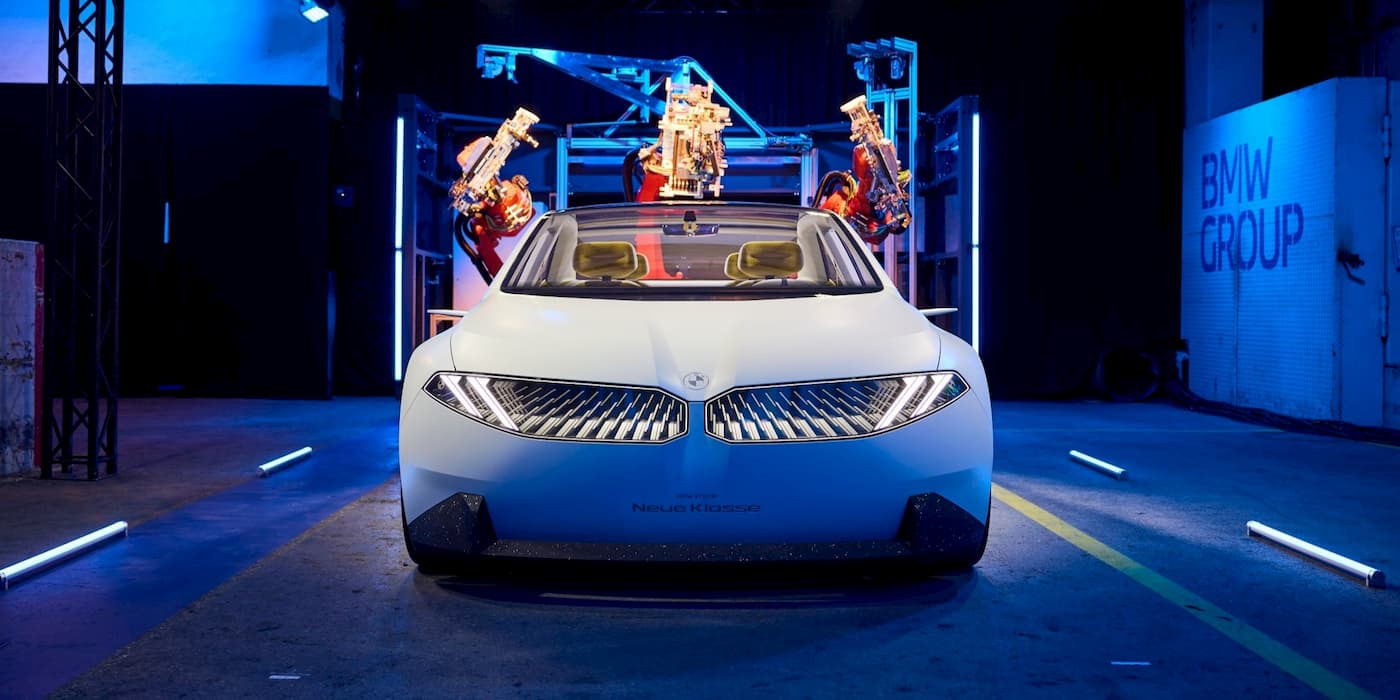
Major car suppliers in Germany say they are struggling with the high upfront costs of shifting to EVs and “slow demand,” with companies looking to lay off thousands of workers, as much as 20% of total staff in some cases, in the coming years.
ZF Friedrichshafen, which makes transmissions, shock absorption systems, and chassis components for more than 55 auto brands and is Germany’s second-largest supplier after Bosch, said it could axe as many as 12,000 people in a “worst-case scenario” by 2030, reports The Financial Times. The company employs 165,000 people around the world. After the announcement, some 3,000 ZF employees protested the cuts, marching the streets around the company’s headquarters in Friedrichshafen, Germany.
Bosch, the world’s largest automotive supplier for Ford, GM, Toyota, VW, and BMW, among others, said last week that as many as 1,200 employers in its software and electronics division would be fired by the end of 2026, and that 80% of those cuts would take place at the Stuttgart-based headquarters in Germany. Back in 2022, the company said it would spend €2 billion in retraining some of its more than 400,000 staff to be better equipped to work in EV parts production.
German car parts manufacturer Continental also said last November that it too was cutting thousands of jobs worldwide as part of a plan to save €400 million ($428 million) a year from 2025.
High inflation, increased raw materials, and soaring energy costs are all part of the reasons the companies are offering for the cuts, the FT reports. ZF adds that jobs will be inevitably lost because EV components require half the labor to produce compared to ICE vehicles. Automotive suppliers, too, have made hefty investments in the shift to electric, and now they are seeing their markets being hit due to slower uptake than expected and the fact that car sales are “historically low,” reports the FT. ZF reported a net debt of €11.5bn at the end of last June, which led to around 800 jobs being axed.
Last month, Volkswagen said it would cut thousands of jobs in Germany in an effort to slash $11 billion in costs. Volkswagen’s Zwickau site, which employs 10,000 and is the first to exclusively produce electric cars, has been shaving off jobs due to weakening production demands, starting with 500 temporary jobs being cut next year. At VW software subsidiary Cariad, 2,000 of 6,5000 people employed there will lose their jobs over the next two years.
Electrek’s Take
The German stalwarts – BMW, Volkswagen, and Mercedes, and the European-based suppliers for their vehicles – are in a tight position, struggling to adapt to EVs and keep up with the pace of innovation as Tesla takes over, and China moves in. More bad news too in that sweeping job losses leads to political instability, in that German unions are a crucial part of the political process. But for German automakers, there is still time to turn it around. BMW says it is now investing $711 million (€650 million) to convert its main factory in Munich to exclusively produce electric vehicles by the end of 2027, in hopes of pushing its next-gen Neue Klasse EVs forward. And speaking of unions, both Bosch and ZF will face lengthy negotiations with union representatives, which is required under German law, to sort out the details of the layoffs and restructuring plans.
If you’re an electric vehicle owner, charge up your car at home with rooftop solar panels. To make sure you find a trusted, reliable solar installer near you that offers competitive pricing on solar, check out EnergySage, a free service that makes it easy for you to go solar. They have hundreds of pre-vetted solar installers competing for your business, ensuring you get high quality solutions and save 20-30% compared to going it alone. Plus, it’s free to use and you won’t get sales calls until you select an installer and share your phone number with them.
Your personalized solar quotes are easy to compare online and you’ll get access to unbiased Energy Advisers to help you every step of the way. Get started here.
FTC: We use income earning auto affiliate links. More.